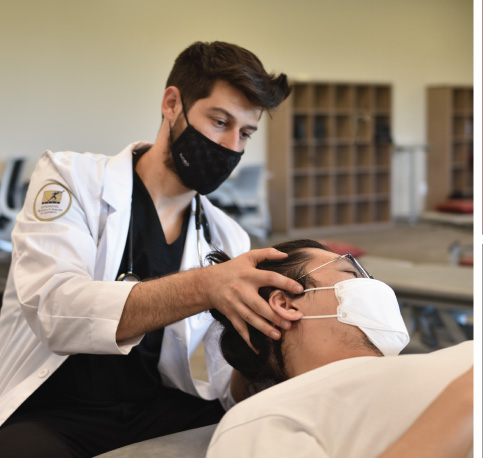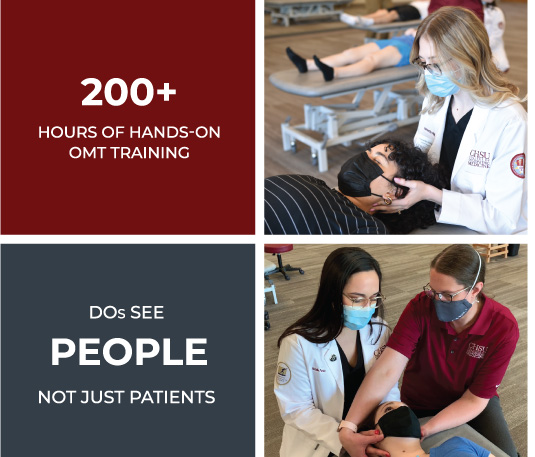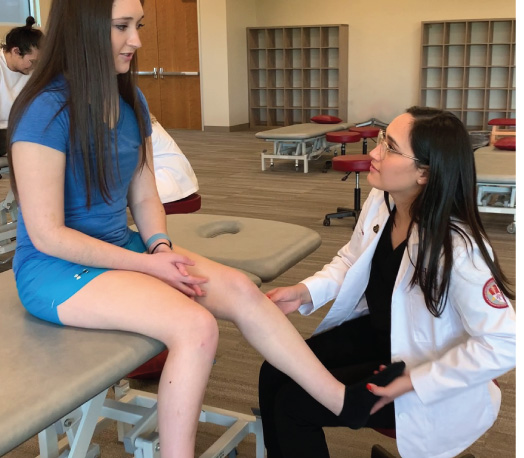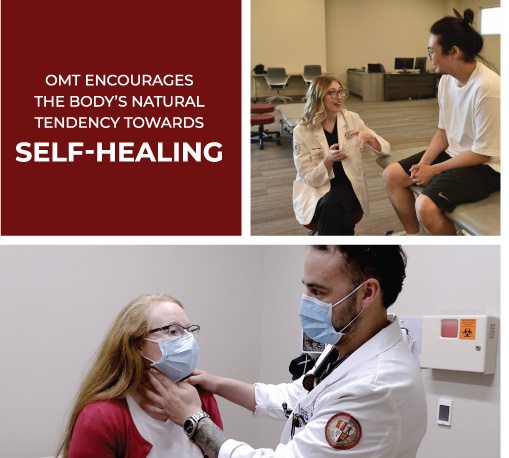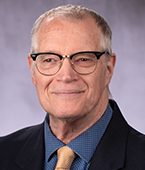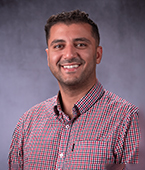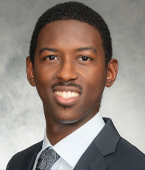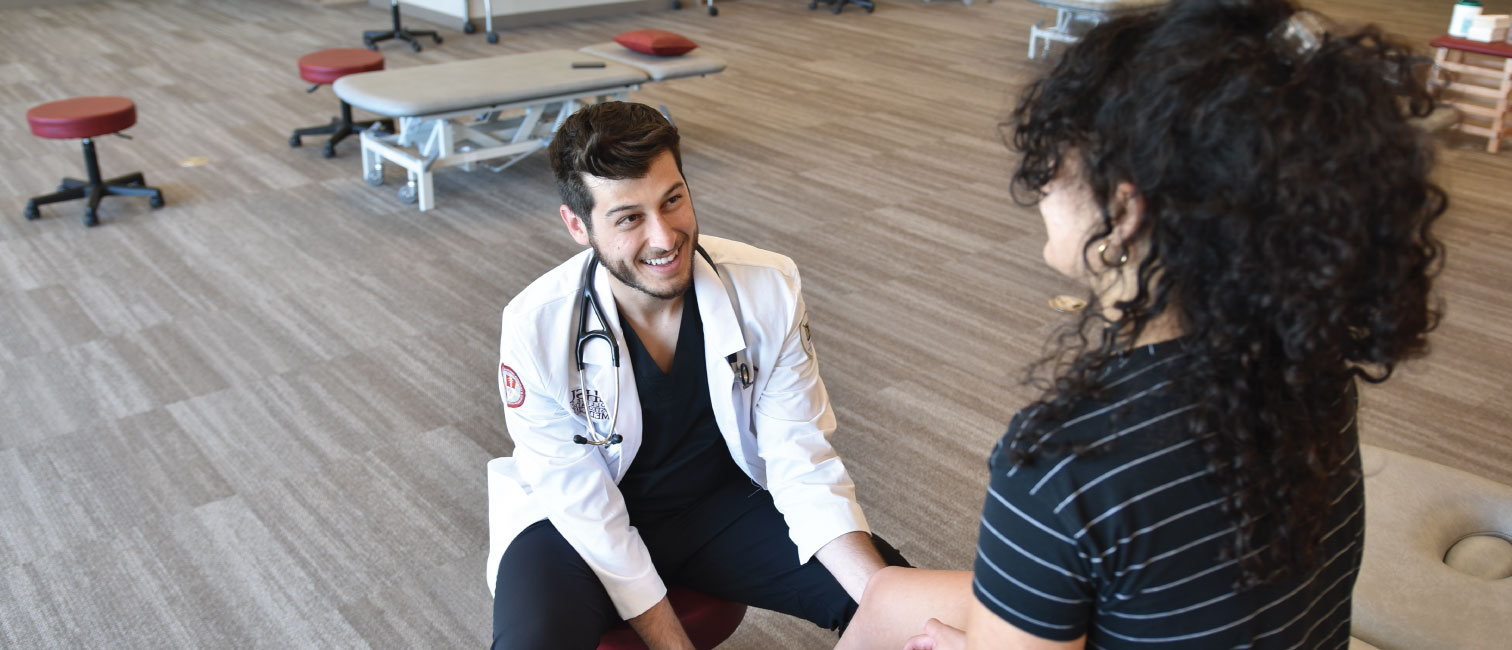
Osteopathic skills lab
Students learn Osteopathic Manipulative Medicine (OMM) as part of their hands-on curriculum.
WHAT IS OMM?
Osteopathic Manipulative Medicine (OMM) is a hands-on treatment DOs use to diagnose illness and injury and encourage the body’s natural tendency toward self-healing. Using Osteopathic Manipulative Treatment (OMT), an osteopathic physician will move muscles and joints using techniques that may incorporate stretching, gentle pressure, and light resistance. OMT can ease pain, promote healing, and increase overall mobility without the use of medications.
As part of their education, CHSU-COM student doctors receive special training in the musculoskeletal system — the body’s interconnected system of nerves, muscles and bones. These hands-on OMT skills may be utilized in all specialties of medicine. Residencies with the designation of “Osteopathic Recognition” incorporate OPP/OMT into the residency programs. (ie. Family Medicine with Osteopathic Recognition, Emergency Medicine with Osteopathic Recognition, etc).
Some students will choose to specialize solely in osteopathic manipulative medicine and will enter an Osteopathic Neuromusculoskeletal Medicine (ONMM)/Osteopathic Manipulative Medicine (OMM) residency. Others may choose to enter an Osteopathic Neuromusculoskeletal Medicine residency after their primary residency, thus become dually specialty board eligible. All DOs, no matter their specialty, may continue their OMT training by obtaining continuing medical education in OMT.
By combining the latest advances in medical technology with OMT, Doctors of Osteopathic Medicine offer their patients the most comprehensive care available in medicine today.
BENEFITS OF OMM
The goal of OMM is to optimize body function. It utilizes the anatomical and physiological relationships of health and disease. Development of OMT skills can lead to disease prevention, enhanced recovery from disease, and intervention during disease processes.
OMT can help provide relief for patients of all ages experiencing a wide range of acute and chronic conditions, including but not limited to:
- Muscle and joint pain
- Lower back pain
- Asthma
- Ear infections
- Sinus disorders
- Carpal tunnel syndrome
- Migraines
- Digestive disorders
- Sports injuries
- Repetitive stress injuries
- Menstrual pain
In many cases, OMT can be used to complement or in some cases replace medication. In limited circumstances surgery may be delayed or avoided.
OSTEOPATHIC PRINCIPLES AND PRACTICE (OPP)
A philosophy of health care supported by expanding scientific knowledge that embraces the concept of the unity of the living organism’s structure (anatomy) and function (physiology) and their inter-relationship to the human being.
OSTEOPATHIC MANIPULATIVE MEDICINE (OMM)
The application of osteopathic philosophy, structural diagnosis, and use of osteopathic manipulative treatment (OMT) in the diagnosis and management of a patient.
OSTEOPATHIC MANIPULATIVE TREATMENT (OMT)
The therapeutic application of hands-on techniques used to help diagnose illness or injury and facilitate the body’s natural tendency towards self-healing.
CHSU Osteopathic principles and practice (OPP) Curriculum
Starting in their first year, CHSU-COM students take Osteopathic Principles and Practice (OPP) courses to learn the basics of the OPP philosophy, further development of their OMM knowledge and skills, and learn OMT techniques. In their second year, students learn the clinical relevance of these techniques and how it applies to the treatment and prevention of many diseases. Once students are on their rotations in their third and fourth years, they will have the opportunity to practice under a licensed physician and will come back to campus for periodic workshops to further develop their OMT skills.
OPP I – First Year Course
This course series will introduce the foundational concepts of osteopathic medicine and develop diagnosis and palpatory skills as part of a longitudinal OPP curriculum. Additionally, these courses will teach the Osteopathic Structural Examination (OSE) of different body regions combined with the introduction of Osteopathic Manipulative Treatment (OMT) technique modalities. The Osteopathic Principles and Practice I course is designed to provide the student with a fundamental understanding of the principles, philosophies, and practice of osteopathic medicine. This builds a foundation of osteopathic knowledge and prepares the student to provide patients an integrated approach to medical care.
OPP II – Second Year Course
This series is a continuation of the first year OPP I courses in extending the concepts of osteopathic medicine and in advancing the diagnosis and palpatory skills as part of a longitudinal OPP curriculum. Additionally, these courses will continue teaching the Osteopathic Structural Examination (OSE) of different body regions combined with the advanced Osteopathic Manipulative Treatment (OMT) technique modalities. The Osteopathic Principles and Practice II courses are designed to provide the student with advanced understanding of the principles, philosophies, and practice of osteopathic medicine.
Third and Fourth Years
Osteopathic Medical Students have required osteopathic activities embedded into clinical clerkships that include hands-on workshops, simulation-based activities, small group discussions, and online modules.
Osteopathic principles and practice (opp) faculty
The CHSU Osteopathic Principles and Practice curriculum is team-taught, lead primarily by the OPP department, however faculty from multiple specialties assist with one-on-one teaching and small group sessions during the Osteopathic Skills Lab. These faculty members also assist with curriculum development and are considered part of the OPP teaching faculty.
Osteopathic principles and practice (OPP) Scholars
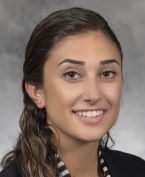
Tatiana Abdulnour
OPP Scholar
Class of 2026
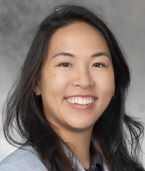
Cathy Tran
OPP Scholar
Class of 2026
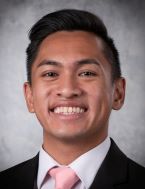
Brandon Nguyen
OPP Scholar
Class of 2027
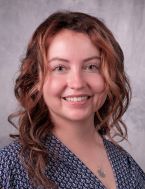
Ariana Vivian
OPP Scholar
Class of 2027
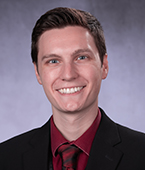
Zachary Carling
OPP Scholar
Class of 2028
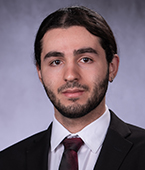
Yusuf Corleone
OPP Scholar
Class of 2028
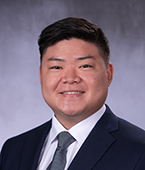
Austin Jones
OPP Scholar
Class of 2028
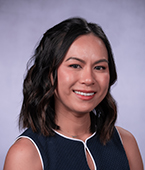
Arimi Nguyen
OPP Scholar
Class of 2028
